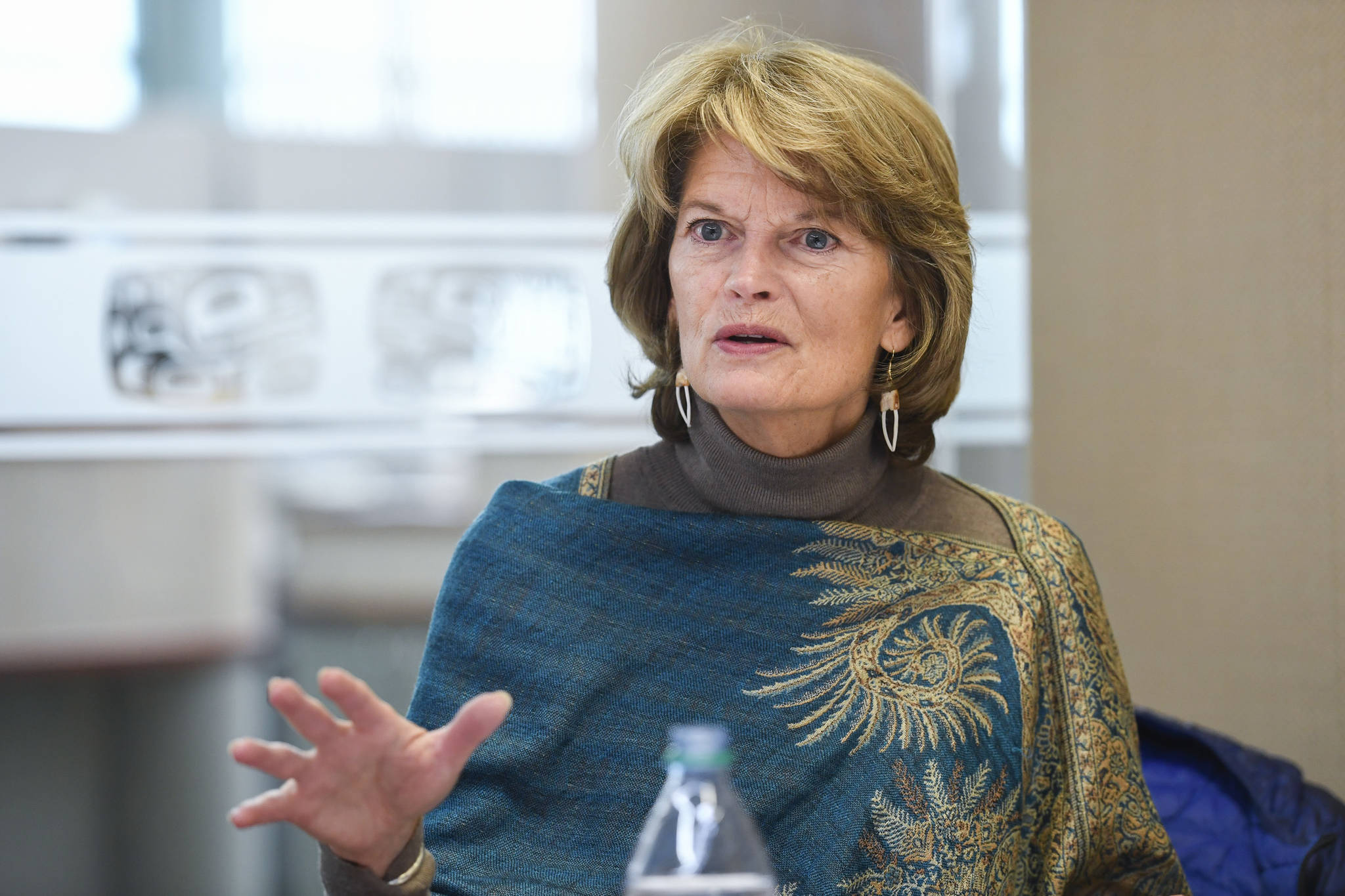Alaskans know just how essential fisheries are to life in the 49th state. The seafood industry is the largest direct employer in our state, providing 60,000 jobs and generating over $5 billion for Alaska’s economy. Over 15 percent of Alaska’s working age rural residents are employed by the industry. And commercial fisheries are a cultural and economic cornerstone in small communities across the state’s 33,000 miles of shoreline.
Alaska’s seafood industry also provides for our nation. Catches in Alaska make up more than 60 percent of all seafood harvests in the United States, and millions of Americans can thank Alaska’s fishermen and processors for the wild-caught, healthy fish and shellfish they enjoy throughout the country. The science on the benefits of eating seafood, especially for children and pregnant women, continues to grow. Alaska fisheries help grow a healthy America. It’s as simple as that.
All the benefits provided by Alaska’s fisheries don’t come free, however. In addition to the hard work of our seafood harvesters, healthy fisheries need investment. We need strong science and management to ensure our fisheries are healthy and sustainable and that catches are the optimal size for our economy, communities, and marine ecosystems. This costs money — but the return on investment is huge. I find myself reminding my Senate colleagues of that fact each appropriations cycle, whenever federal funding to support our fisheries comes under threat.
I am pleased that the funding bills recently approved by the Senate include important investments and key language to help meet the needs of Alaska’s fishermen. Top priorities of mine were securing funding for fisheries surveys and observers in the Commerce, Justice, Science, and Related Agencies appropriations bill for Fiscal Year 2020. In Alaska, fish stocks are shifting north as we experience dramatic oceanographic changes. Proposed cuts to surveys threaten to increase uncertainty in our stock assessments, reducing allowable harvests and preventing us from understanding population dynamics under these new conditions. To make sure we don’t face these cuts, I worked to secure a $4.8 million increase in funding for fisheries surveys, data, and stock assessments, along with language reminding the National Marine Fisheries Service that reductions in surveys are unacceptable, especially in areas where fish distribution is changing due to climate change. An amendment I included ensures that at least $2 million of this increase will maintain NOAA’s usual survey coverage in Alaska and the Pacific.
The bill also increases funding for the North Pacific Observer Program to mitigate the impacts of rising observer costs on independent fishermen. Other fishing-focused programs slated for funding increases include NOAA Sea Grant, which supports the next generation of Alaska fishermen through development programs like the annual Alaska Young Fishermen’s Summit. I also successfully pushed for a critical funding increases for implementation of the Pacific Salmon Treaty. These funds are necessary to make sure we can cooperatively manage our salmon fisheries with our Canadian neighbors through the renegotiated Treaty’s next ten-year phase.
While much of my appropriations work for Alaska fisheries focuses on NOAA, I also included language in the bill that funds the Department of Agriculture to ensure that genetically engineered salmon cannot hit the markets until we know whether consumers understand what the product is, and more importantly, what it is not: the premier wild salmon the Alaska fleet delivers. This bill also includes a provision directing USDA to begin assessing a process for certifying wild seafood as organic.
To keep fishing fleets safe as they harvest seafood for us all, the Department of Homeland Security appropriations bill for the upcoming fiscal year, which was recently approved by the Senate Appropriations Committee, includes $6 million for grants that support training and research on fishing safety. A bill I cosponsored earlier this year, the FISH SAFE Act, reduces the non-federal match requirement for these grants, making them easier to attain and turn into action. Our fishermen deserve resources to help minimize risks while at sea.
I am proud that the Fiscal Year 2020 Senate funding bills make necessary investments for Alaska’s seafood industry and as we move to a final bill, I will continue to prioritize efforts to ensure Alaska fishermen are leaders in putting nutritious, sustainably-caught seafood on our tables.
• Lisa Murkowski, R, is Alaska’s senior U.S. Senator. Columns, My Turns and Letters to the Editor represent the view of the author, not the view of the Juneau Empire.

